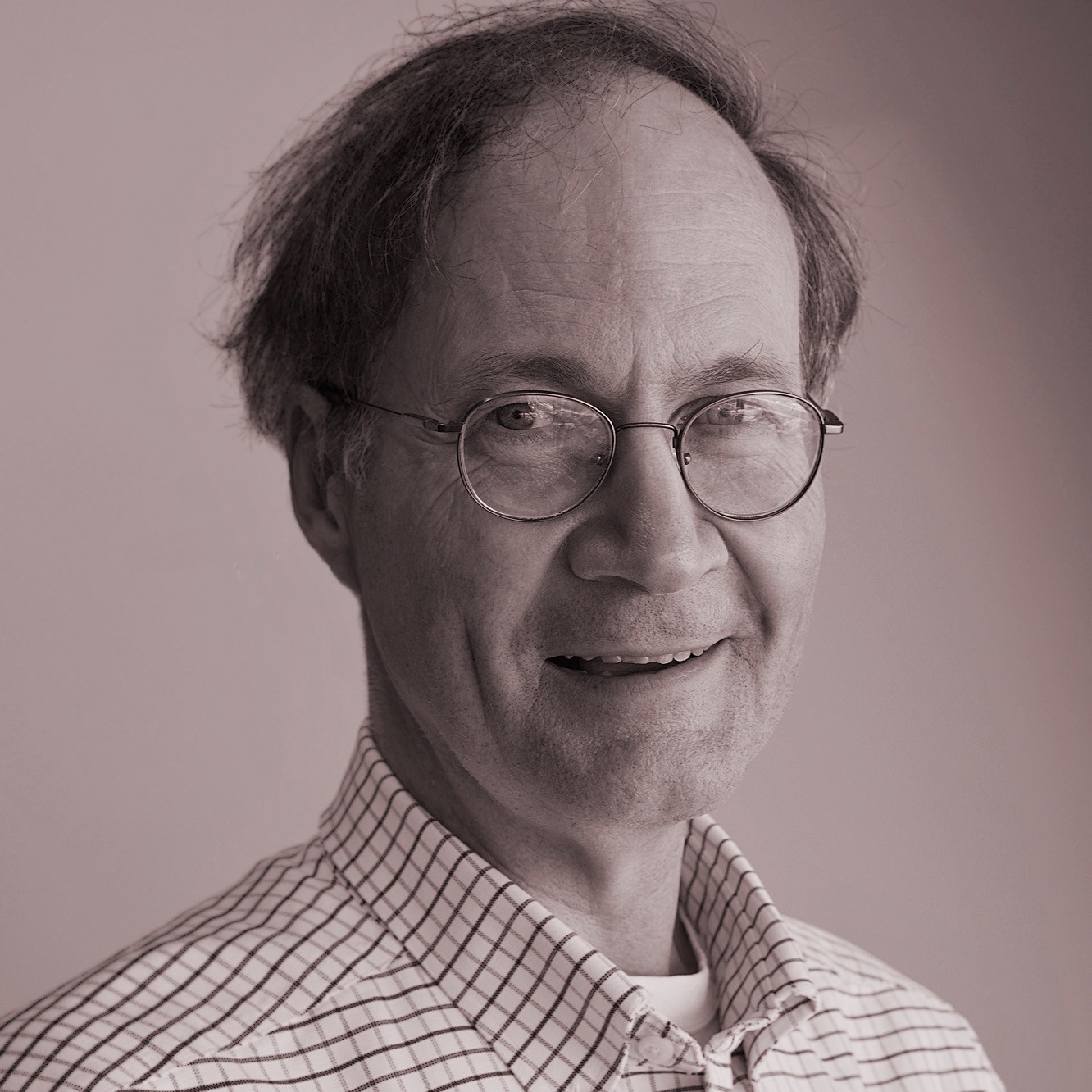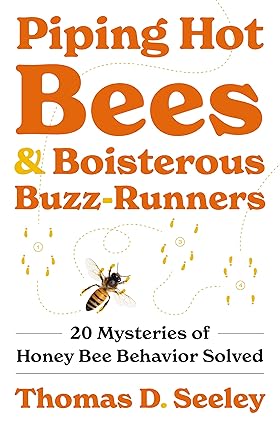Thomas D. Seeley is a highly influential biologist and bee-researcher whose work has deepened our understanding of how honey bees live, communicate, and make decisions. As the Horace White Professor Emeritus in Biology at Cornell University, he has devoted decades to studying the social life, ecology, and behaviour of honey bees—especially their remarkable collective intelligence.
Background and Career
Thomas Seeley was born in 1952 and grew up near Ithaca, New York. He studied chemistry at Dartmouth College (A.B., 1974) and then biology at Harvard University (Ph.D.).
He began his academic posts in the early 1980s, and by 1992 he was a full professor at Cornell. At Cornell’s Department of Neurobiology and Behaviour he taught courses in animal behaviour and embarked on extensive empirical studies of honey bees.
His role as a researcher and author spans more than 50 years. Besides academic articles, he has published several influential books on honey bee behaviour and ecology.
Key Research Themes & Contributions
Swarm Intelligence and Collective Decision-Making
Seeley’s early work focused on how a colony of honey bees functions as a “superorganism” – not just many individuals, but a group acting collectively. One of his seminal contributions is the concept of swarm intelligence: how bees pool knowledge, communicate, and make group decisions.
For example, in his book Honeybee Democracy (2010), he meticulously details how a swarm of bees chooses a new nest site via a process of exploration, debate (through scout bees), and consensus building.
He identifies five habits of highly effective groups that apply both to bees and to humans:
- Diversity of knowledge
- Open and honest sharing of information
- Independent evaluations
- Unbiased aggregation of opinions
- Leadership that guides without dominating
Ecology & “Wild” Honey Bees
Later in his career, Seeley turned his attention to how honey bees survive in the wild, especially compared to managed colonies. In the wild, bees face parasites, predators, variable food sources – and yet many wild colonies persist.
One striking finding: At the 4,200-acre Arnot Forest in New York, wild honey-bee colonies maintained the same density after the arrival of the parasite Varroa mite as before – showing resilience.
This led him to propose nature-based beekeeping (or “Darwinian beekeeping”), which tries to mimic natural conditions so bees can deploy their evolved survival strategies.
Books & Public Engagement
Seeley has authored books intended for both academic and general audiences:
- Honeybee Ecology (1985) – his early work.
- The Wisdom of the Hive (1995) – focus on colony physiology.
- Honeybee Democracy (2010).
- Following the Wild Bees (2016) – looking at bee-hunting and wild bee behaviour.
- The Lives of Bees (2019) – the untold story of honey bees in the wild.
- Piping Hot Bees & Boisterous Buzz‑Runners (2024) – short stories of mysteries solved in bee behaviour.
Why His Work Matters
For Science
Seeley’s research offers deep insights into social behaviour, decision-making, and evolutionary ecology. By studying bees, he provides analogies and frameworks for understanding group behaviours in animals – and by extension, humans.
His field work on wild bees helps challenge assumptions held in apiculture and entomology: for example, that managed conditions are always better, or that mortality is inevitable under certain parasite loads.
For Beekeeping & Conservation
His concept of nature-based beekeeping is influential among hobbyists and smaller scale beekeepers: letting bees swarm more naturally, providing nest conditions closer to wild, spacing hives further apart, and selecting locally adapted bee stocks.
In a time of global concern about bees (pollinator decline, hive losses, environmental change), his findings emphasise that understanding the bee’s natural history is key to designing sustainable practices.
Broader Relevance
The idea that intelligent collective decision‐making emerges from many individual interactions – well-studied in bees by Seeley – is relevant to organisational science, computer science (swarm algorithms), sociology, and more. His analogies between bee swarm deliberation and human committee deliberation are especially vivid.
Notable Quotes
“Honey bees are superb beekeepers; they know what they’re doing.” – Seeley at the UC Davis Bee Symposium
“Everything that colonies do when they are living on their own (not being managed by beekeepers) is done to favour their survival and their reproduction…”
These reflect his respect for the bee’s evolved biology and his invitation to humans to learn from nature rather than simply manage it.
Practical Takeaways for Beekeeper
- Consider hive size and spacing: In the wild, bees nest in cavities high in trees and are spaced far apart – conditions that reduce mite/virus transmission.
- Promote swarming: Frequent swarming can be a natural survival strategy, though it conflicts with high-honey production goals.
- Use locally adapted stock: Bees adapted to the local environment tend to perform better.
- Minimise disturbance in winter and avoid unnecessary treatments that alter evolutionary pressures.
Future Directions & Legacy
As of 2024, Seeley remains active (emeritus) and his 2024 book continues his work of “detective stories” about bee behaviour. His legacy is likely to remain strong in both academic biology and practical beekeeping: bridging rigorous science with accessible writing.
Conclusion
Thomas D. Seeley offers us a compelling vision: honey bees are not simply managed commodities but complex, evolved societies with wisdom to teach us. Whether you’re a biologist, beekeeper, or curious reader, his work invites deeper respect for the natural world and smarter ways to engage with it.

